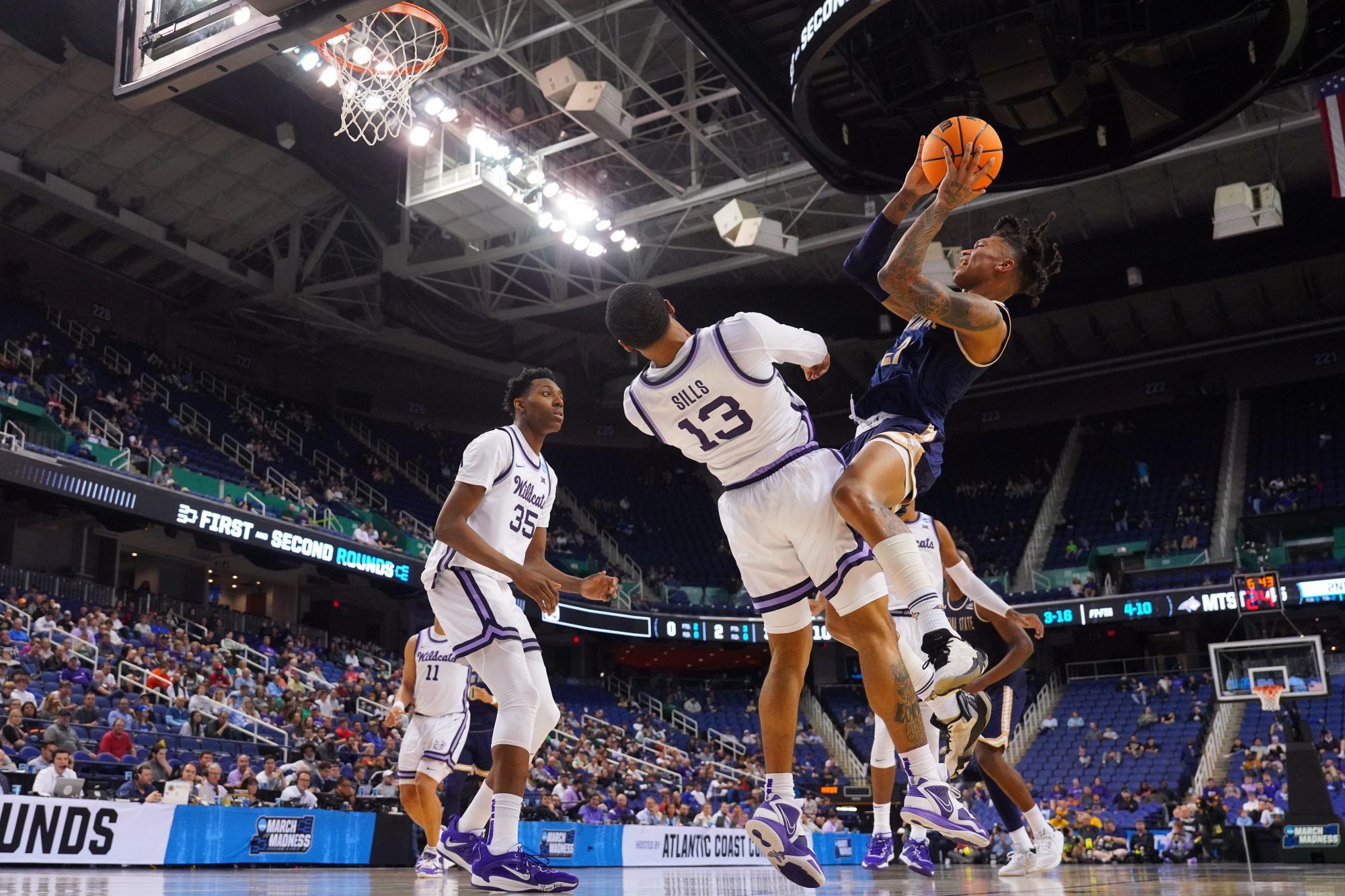What to Make of the Court Ruling on College Athlete Transfers? Don't Ask the NCAA

Bob Donnan-USA TODAY Sports
The NCAA appears to be walking back one of its key interpretations of Wednesday's court rulings regarding transfer restrictions.
On Wednesday, a federal judge ruled in State of Ohio et al v. NCAA that the governing body could not enforce its multi-transfer restriction for 14 days, part of a temporary restraining order. While the NCAA allows athletes to transfer once without penalty, athletes who transfer again have to sit out a year unless they're granted a waiver by the NCAA.
On Wednesday, the NCAA indicated to Front Office Sports that athletes would not lose a year of eligibility. Then, on Thursday, the NCAA told FOS it was unsure about whether athletes who play as a result of the ruling would burn a year of eligibility if the ruling is overturned. Several hours later, it reportedly sent a memo to Division I members confirming that athletes would, in fact, burn a year of eligibility.
The case itself was filed last week in the Northern District of West Virginia by state seven attorneys general arguing that the NCAA's transfer restrictions violate federal antitrust laws. It was based largely on the case of West Virginia basketball player RaeQuan Battle.
The court said the transfer restriction couldn't be enforced until at least Dec. 27, the date of the next hearing — and the NCAA affirmed in a statement Wednesday that it would not enforce its transfer restriction during this period.
Battle was therefore eligible to play for the Mountaineers as of Wednesday, but that eligibility prompted another question: What if Battle played a game or two between now and Dec. 27 — and then the ruling was reversed? Would he burn an entire year of NCAA eligibility?
On Wednesday, the NCAA indicated in an email to FOS that because of the court's ruling, the governing body could punish an athlete by taking away a year of eligibility.
"The restitution rule was suspended by the court," an NCAA spokesperson told FOS. "Therefore, eligibility would not be impacted."
(The NCAA's "restitution rule" stated that it could penalize athletes — i.e. vacate their wins or records — if a court ruled they were eligible to play, then they played, and then the court changed its mind. So if the Mountaineers win two games with Battle this week, they would have to vacate those wins if the court rules differently on Dec. 27.)
But on Thursday, after a conflicting report surfaced, the NCAA told FOS it was unclear as to whether athletes would lose a year of eligibility and was still discussing the ruling's implications. It did not outright state that athletes would burn a year of eligibility until Thursday afternoon.
The NCAA, which was unable to provide an interpretation of its own rules for a full 24 hours, has now further complicated an already extremely confusing situation for athletes and coaches across the country.
Some athletes are in a holding pattern while they wait for clarity. Others have already played since Wednesday's ruling, and could lose eligibility because of the NCAA's lack of a firm stance.
What we know: Athletes like Battle, who are currently sitting out because they've transferred more than once and haven't received a waiver, should NOT be penalized if they play between now and Dec. 27. If the ruling ends up being overturned, the NCAA is not allowed to vacate wins or records.
What we don't know: If athletes like Battle will have burned an entire year of eligibility if they have to go back to the bench on Dec. 27, if the court overturns its ruling.
As the college basketball season heats up and bowl season kicks off, the consequences of the NCAA's unclear positions could be dire.
Editor's Note: This story has been updated with additional information.
What to Read
Front Office Sports Today
How Transfers and NIL Are Reshaping College Football
0:00
0:00
Caroline Scott - Spring 2024
ReplyDeletekahari rogers spring 2024
ReplyDelete1/2 points Caroline Scott did this February 2024
ReplyDeleteMcandrews